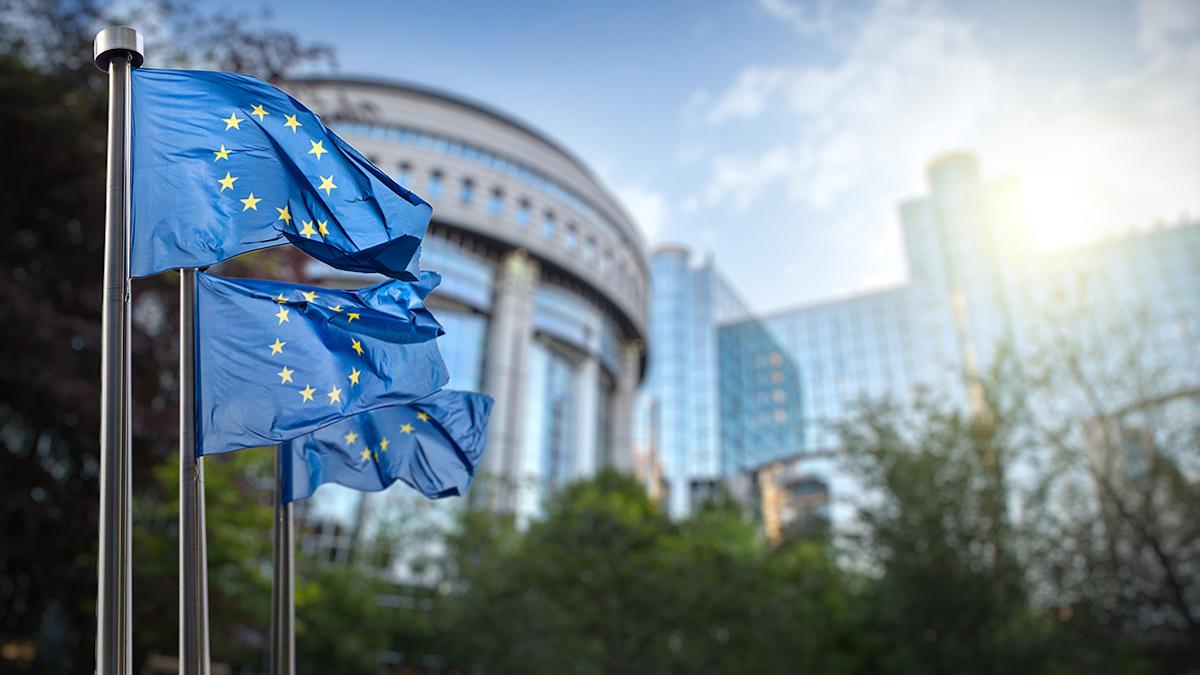Teva fined €462.6m for antitrust delay to MS drug rivals

The European Commission has delivered a hefty fine to Teva for abusing a dominant position in multiple sclerosis by artificially extending the patent protection for former blockbuster Copaxone.
Along with the fine, the long-running investigation has concluded that Teva used a "web" of patents to illegally block lower-cost generic versions of Copaxone (glatiramer acetate), whose last remaining EU patent expired in February 2015, and also "spread misleading information about a competing product to hinder its market entry and uptake."
The fine of €462.6 million ($503 million) is believed to be the largest imposed on a pharma company for breaking antitrust rules in recent years, overtaking a €331 million penalty imposed on Servier in 2014, which was cut to €288 million on appeal.
For many years, Copaxone was the main driver of Teva's sales growth, which the Israel-based pharma fought hard to protect, including by releasing a long-acting version of the drug. It was a $4 billion-a-year blockbuster at its peak in 2014, but shrank rapidly thereafter and made $321 million last year.
The investigation found that Teva abused a dominant position in the markets for glatiramer acetate in Belgium, Czechia, Germany, Italy, the Netherlands, Poland, and Spain, filing so-called "divisional patents" – which are derived from earlier patents, but focus on different aspects of the invention – to extend Copaxone's patent life.
The divisional patents focused on manufacturing and dosing regimens and were filed in a staggered manner to extend protection for as long as possible, according to the Commission.
Meanwhile, Teva ran a "systematic disparagement campaign" against an approved generic glatiramer acetate product, spreading misinformation about its safety, efficacy, and therapeutic equivalence with Copaxone.
The net result was that the list prices of glatiramer acetate products did not decrease as early as they might have done, with a negative impact on public health budgets.
Teva has said it disagrees with the verdict, which it claims is "based on legal theories that […] are extreme, untested, and factually unsupported," and is planning to appeal both the judgment and the fine.
It's not the first time Teva has been judged to have broken European antitrust rules: in November 2020 the EU fined Teva and its neurology unit Cephalon €60.5 million for an elaborate "pay for delay" scheme that prevented cheaper generic competition for its sleep disorder drug Provigil (modafinil). It was also named as one of the companies involved in the 2014 Servier pay-for-delay judgment.
"With today's decision, the Commission contributes to keeping drugs affordable, preserving choice of treatment and fostering innovation, to the benefit of EU patients and national healthcare systems," commented EC executive vice-president Margrethe Vestager.












